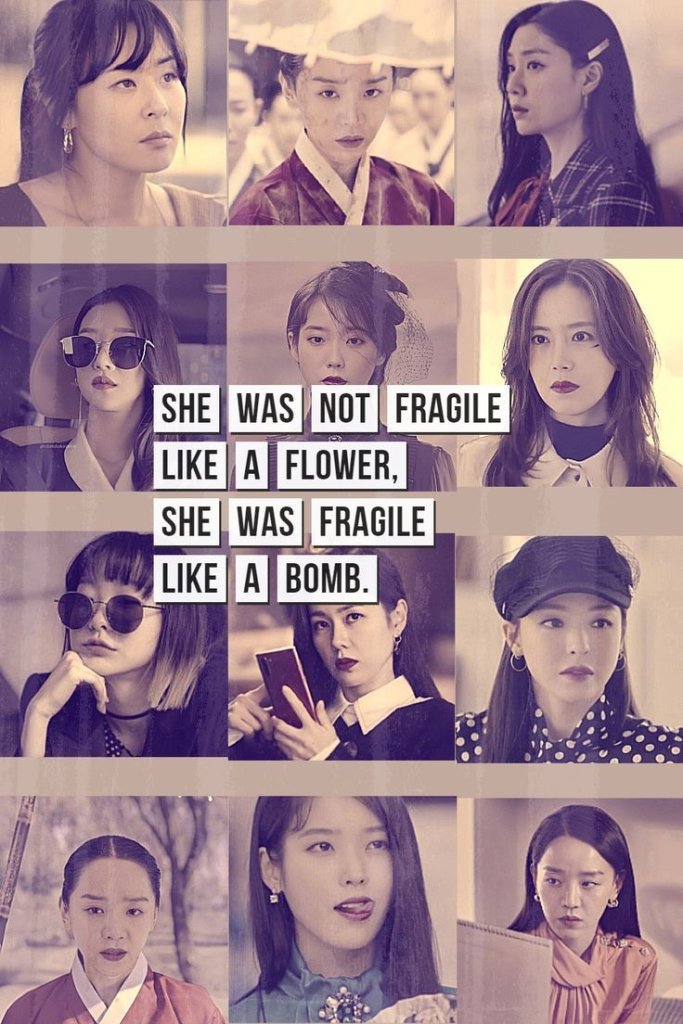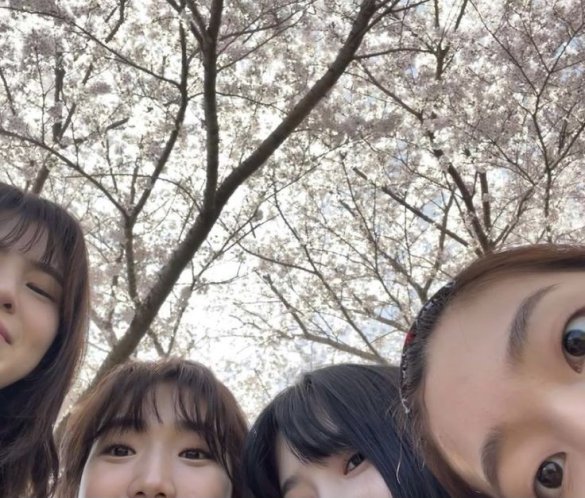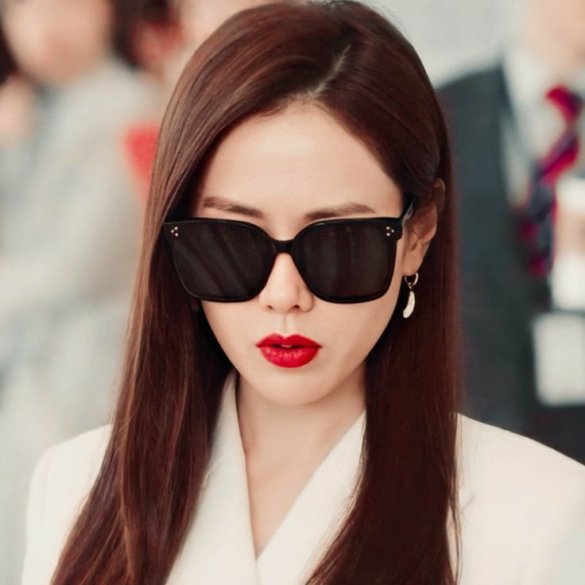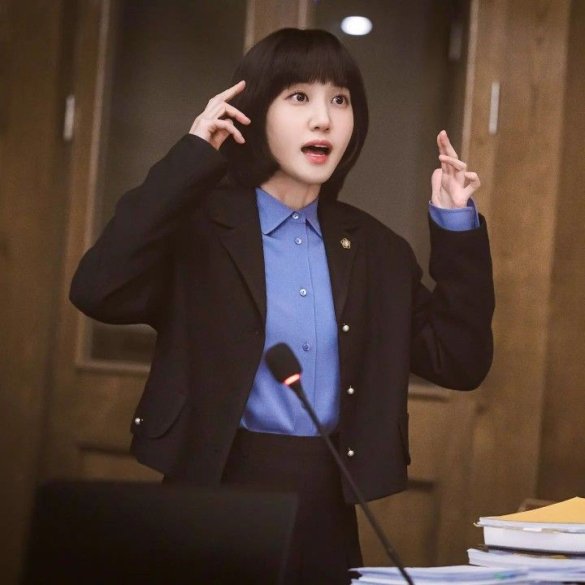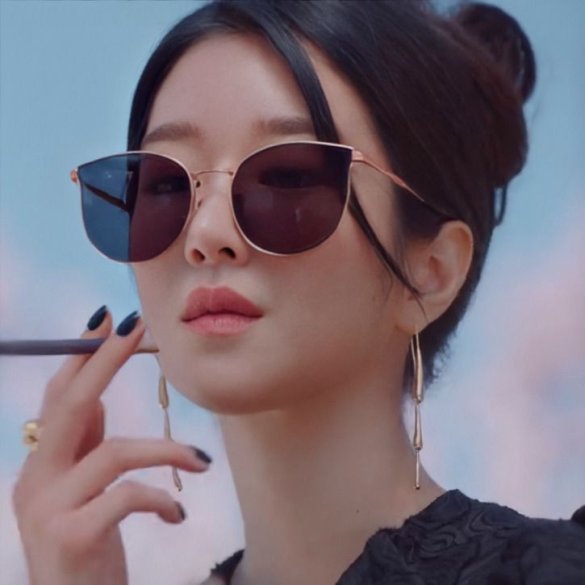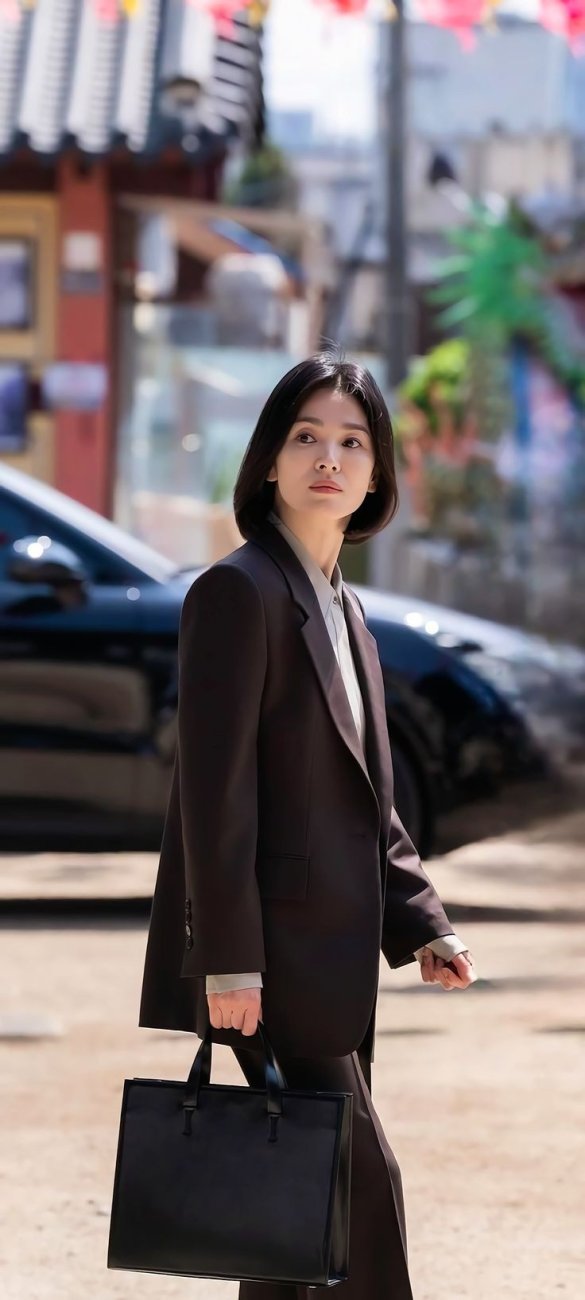traduzione di Koreana
South Korea, while boasting a prominent position in the global economy (we are talking about the 13th wealthiest economy in the world), faces significant challenges when it comes to cultural issues such as gender equality.
According to the World Economic Forum’s Gender Gap report, the country ranks 105th out of 146 countries surveyed, with a particularly critical situation in the economic and equal opportunity sectors.
Historical and Cultural Roots
This gender gap is rooted in South Korean history and culture, partly because of patriarchal ideologies stemming from Confucian principles, which have long been the pillars of the country’s ethical culture. In past years, Confucianism promoted traditional family, which means that the woman was bound to obedience and designated as the guardian of morality, having the main task of producing male heirs.
During the country’s period of industrialization (beginning in the 1960s), the separation of gender roles became even deeper: women were often confined to the role of housewives, while men assumed the title of breadwinner.
Economic and Social Inequalities
As per today, Korean women keep facing one of the widest gender wage inequalities among OECD (Organization for Economic Cooperation and Development) countries. Often, many of them find themselves forced to interrupt their working careers following childbirth as domestic responsibilities continue to weigh heavily on their shoulders.

The “MeToo” Movement and the Conservative Reaction
Before the explosion of the “MeToo” movement in South Korea in 2018, the issue of gender inequality was largely ignored or feared. Women who raised the issue of gender inequality were often the object of derision, while victims of harassment or violence faced suspicion and resistance in pursuing their causes.
However, some courageous women broke the silence, inspiring others to share their own experiences of abuse.
Singer and actress Son Na-eun (formerly Apink) found herself at the center of a major controversy after advocating feminism by posting a photo of her phone cover with the phrase “GIRLS CAN DO ANYTHING.”
The testimony of Seo Ji-hyeon, a female prosecutor in the Changwon District Prosecutor’s Office who accused a former government official of harassment, sparked a series of revelations involving prominent figures in Korean society, including a presidential candidate and an award-winning filmmaker (find an in-depth discussion here).
These events have fueled a growing movement, and discussions about gender discrimination have invaded both mainstream and social media.

The testimony of Seo Ji-hyeon, a female prosecutor in the Changwon District Prosecutor’s Office who accused a former government official of harassment, sparked a series of revelations involving prominent figures in Korean society, including a presidential candidate and an award-winning filmmaker (find an in-depth discussion here).
These events have fueled a growing movement, and discussions about gender discrimination have invaded both mainstream and social media.
Public awareness about unequal pay and poor representation of women in leadership roles has since grown, bringing the issue of gender inequality to the center of national debate.
In recent years, the “MeToo” movement has seen South Korean women challenge patriarchal culture, achieving significant progress in reporting sexual abuse. However, this has also prompted a strong reaction from some men, such as members of current President Yoon’s People Power Party (PPP), who “deny the existence of a real gender discrimination problem.”
With Yoon’s rise, the government has weakened efforts to promote gender equality. State offices have been renamed and geared toward promoting women’s traditional roles, the concept of “gender equality” has been removed from textbooks, and funding for anti-sexism programs has been eliminated. Current policies to raise the birth rate, one of the lowest in the world, reinforce traditional gender roles.
The Korean government’s intention to abolish the “Ministry of Gender Equality” has raised serious concerns about the future of women’s rights in South Korea.

Socio-cultural transformation and Kdrama
South Korea, rooted in its patriarchal traditions, is experiencing an era of social and cultural change, clearly reflected in its K-dramas. In a context where women were historically confined to fixed gender roles, the rise of a new cultural wave, known as Hallyu 4.0, brings with it feminist ideas that challenge stereotypes in past television dramas in which women were portrayed as weak and submissive.
A television landscape that reflects a shift in the roles of men and women is creating new and increasingly significant spaces within the old patriarchal context, highlighting deeper and deeper cracks from which the light of equality can already be glimpsed.
The Hallyu 4.0 era, which kicked off in 2016, has introduced a new generation of K-dramas that mix feminist themes with traditional Korean cultural elements. In this evolution, the portrayal of women in Korean TV series has undergone a significant transformation. Female protagonists, once portrayed as fragile figures in need of rescue, now emerge as strong, independent, and ambitious women.
The storylines deviate from conventional gender stereotypes, delineating women in authority roles such as CEOs, doctors, and lawyers.
Similarly, male characters have also undergone significant evolution. From a stereotypical portrayal of dominant masculinity, in current K-dramas men are portrayed as “Soft Boys“, open to emotions, able to embrace their weaknesses and ready to support others.
This shift reflects transformations in gender dynamics and emphasizes the importance of male friendships, as well as those between men and women, and emotional bonds.
Uncomfortable portrayals of women in Korean dramas, with situations such as forced kissing and unbalanced power relationships, are gradually giving way to more thoughtful narratives and balanced female characters. This change is part of the larger context of the feminist movement in South Korea.
The rise of women directors is shaping a new perspective in K-dramas: female screenwriters and directors are bringing forth diverse and complex stories, overcoming the stereotypes of the past.
The plots give space to female friendships and solidarity, emphasizing that women are capable of supporting each other and do it often.
The camera focuses on women’s emotions and experiences without objectifying them, giving space (finally!) to female desire through glances and emotional as well as physical intimacy. In addition, more attention is paid to the beauty of the male body, providing delightful moments to the female audience (we can admit it).
Despite strides in the world of K-dramas, women in South Korea still face significant challenges, as evidenced by the Gender Gap Index indicators and the persistent gender wage gap.
K-dramas have always been a mirror of Korea’s changing society. Although the path to gender equality is still a challenging and all uphill task, Korean television series are beginning not only to portray the difficulties and the struggles but also to drive cultural changes, offering a vision of a more inclusive future for South Korea.
articolo in italiano qui


